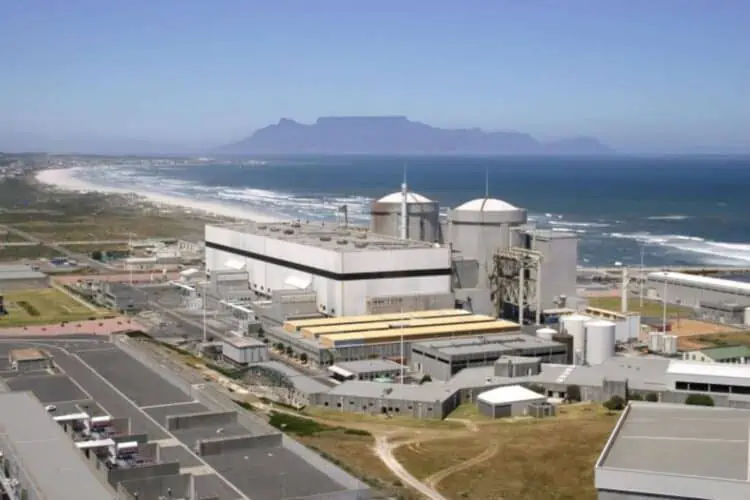Eskom interim Group Chief Executive, Calib Cassim, says government’s commitment to take on at least R254 billion of the power utility’s debt will allow it to put more focus on dealing with the current generation capacity challenges it faces.
Cassim was speaking at a media briefing where various Ministers provided an update on the government’s response to the electricity crisis and the regulations of the National State of Disaster-related to energy.
“That decision by the Minister of Finance [Enoch Godongwana] that Eskom doesn’t have to borrow for the next three years allows Eskom to release CapEx [capital expenditure] funds three years in advance not only for generation but for transmission and distribution.
“…[With] the flexibility that we now have on procurement within the governance rules, there should be no excuses from an Eskom perspective, and from a generation perspective… [I don’t see] why load shedding [should not be] reduced going forward.
“We must not accept Stage 6 [load shedding], we need these stages to come down,” he said.
Head of the Project Management Office in the Presidency, Rudi Dicks, said the debt relief will also allow Eskom to procure more generation capacity.
“The changes that we’ve made around new generation capacity, particularly through the IRP [Integrated Resource Plan], are that Eskom is not the only entity responsible for the build of new generation capacity.
“We have the ability to procure new generation through IPPs [Independent Power Producers]. We’ve also changed schedule 2… so it’s important to understand that this is not necessarily new build by Eskom but the ability for Eskom to procure additional generation,” he said.
Turning to issues related to the National State of Disaster regulations, Dicks said the regulations allow for the government to open a one-stop shop for businesses to register to apply to build new generation projects in an expedited manner.
“That one-stop shop is currently being formed at the Department of Trade, Industry and Competition, where there’s an existing one stop shop for registration of businesses.
“We are in the process of finalising all the necessary requirements for the establishment of that, including alignment with departments, having systems in place and ensuring that we have an agreement across the entire system of institutions, entities and government that are required to provide permitting, authorisations and requirements for registration.
“As soon we set [it up formally]… we will launch it and we will allow for smoother process for energy applications to be processed through one entry point, with a backend system to ensure a streamline and quicker process for approvals so that we can get as quickly as possible to construction and have those megawatts dispatched onto the grid,” he said.






